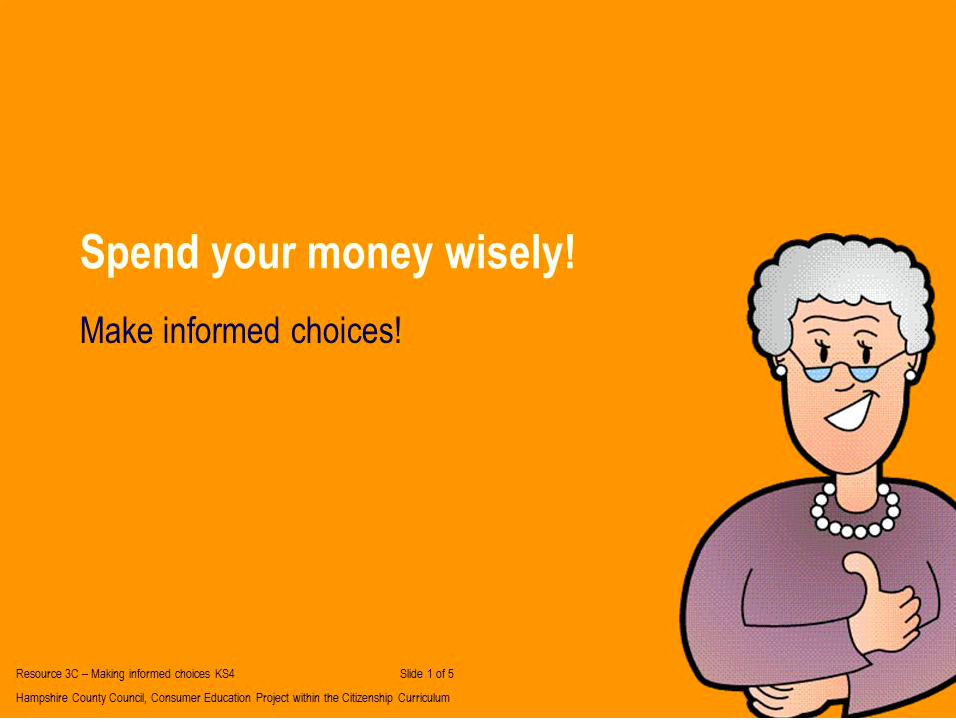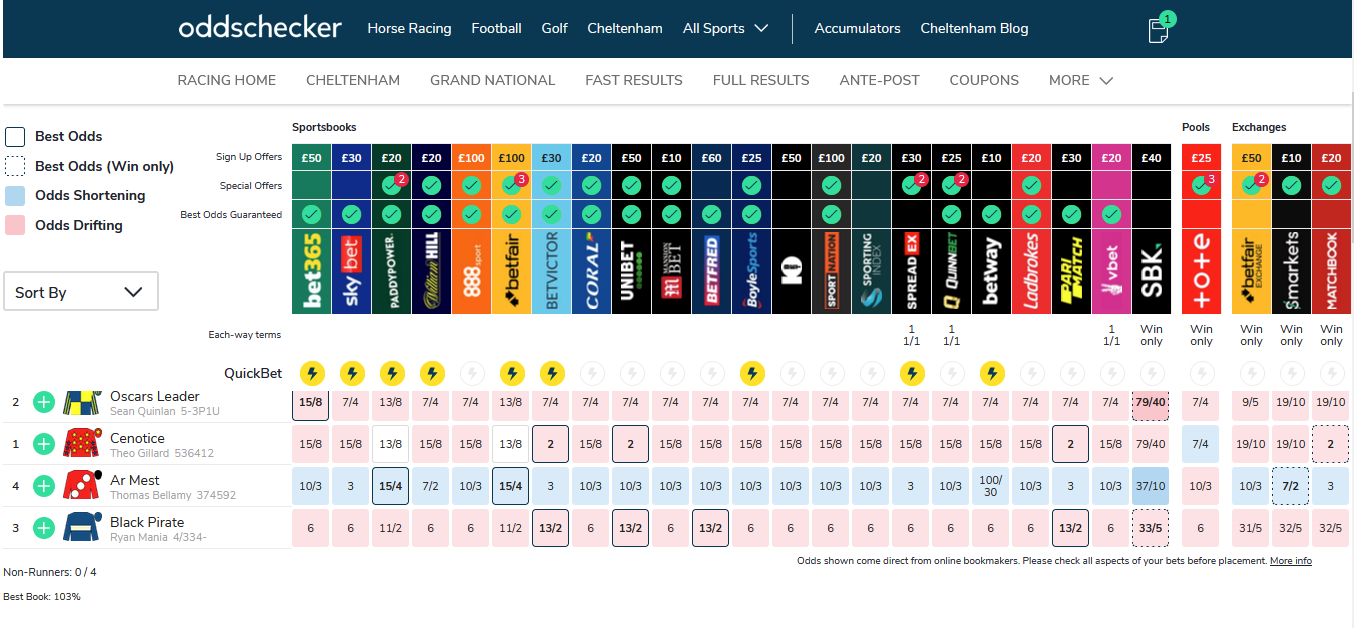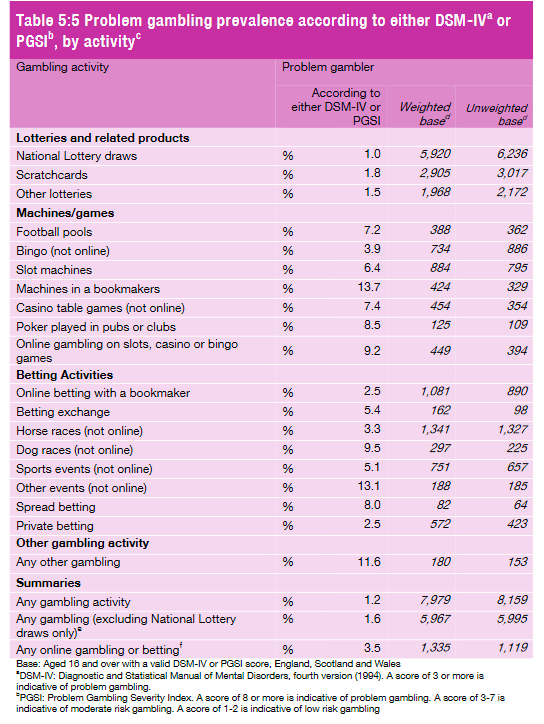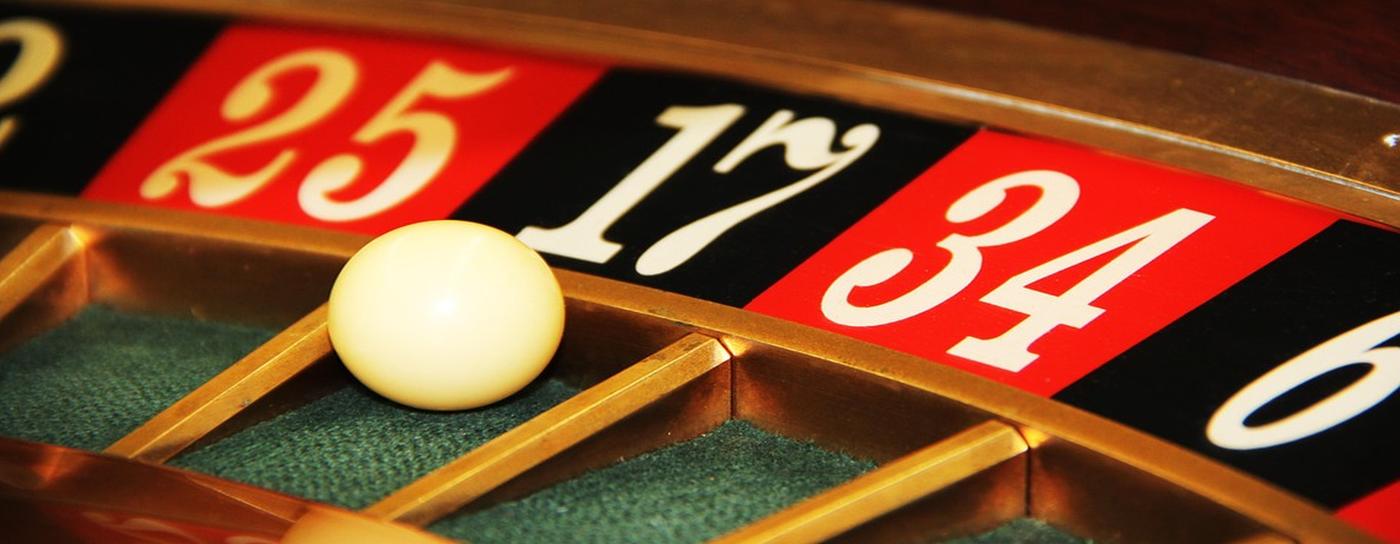Statement/warning
What follows in this section is purely based on J4P’s experience over the last 6-7 years. This includes both the betting experiences of our volunteers, but more importantly the hundreds of dispute cases we’ve helped with. J4P’s volunteers have helped gambling customers obtain well over £2 million pounds from UK licensed gambling companies (£2.6 million to be more precise in six years). If you’re going to gamble you need to keep what follows in mind at all times.
NB: Justice for Punters (J4P) isn’t in the business of giving recommendations, so please don’t be disappointed when you get to the tipster and rating services sub-sections, as there aren’t any. That doesn’t mean there aren’t good ones, there certainly are, but they’re few and far between. Be careful!
Table of Contents
Introduction
Before reading what follows, the reader needs to be aware that all of the Justice for Punters’ volunteers bet on sports and we strongly believe in a legal, regulated gambling market. But and this but is huge, J4P believes in a transparent, fair and safe gambling market. As you read on you will realise that as a gambling customer you are entering into a world that isn’t as fair and safe as it should be.
All Justice for Punters (J4P) is trying to do in this section is to help people choose and to dispel many of the myths that others peddle about the UK’s legal and regulated gambling industry. If you want to gamble, feel free, but you need to know that you will face many obstacles if you try to bet on sports using skill and that gambling can be addictive, so dangerous.
Just about everything in life is about risk, e.g. on a daily basis people drive cars, ride on trains, fly on aeroplanes, play sports, and do many more things that involve an assessment of risk, so J4P does not wish to labour the addiction aspect of gambling, just that readers respect it might happen. Some state that choosing to bet or gamble, whichever term you wish to use is little different from these other risk assessments. But is it?
Very few, if any people, get truly addicted to driving their car or riding on train to the extent that it harms them. Betting/gambling is more akin to drinking alcohol, in that, it is known to be addictive and it certainly can cause harm. If you believe you could never suffer from a gambling disorder, think again. Gambling addiction is like any addiction, it can affect anyone and maybe triggered by other life events. Sadly, gambling and the financial problems it may generate, plus the stigma and feelings of little self worth are known to cause suicide, so what J4P is saying is, be careful.
The modern, very successful UK gambling industry lacks transparency in how it trades. Let’s say that a person is:
1. A so called fun-punter, e.g. they bet within their financial means, safely, and don’t take their betting seriously, or
2. They’re an aspirational punter who spends a lot of time and sometimes money on trying to win using skill.
Do people in these categories really know the details of the contract and the service they’re opting into when betting/gambling? J4P believes that most people don’t, e.g. Most people who bet within their means haven’t a clue about the terms and conditions or the privacy policy they’ve signed up to.
There is so much misinformation out there, through the use of slick marketing and so called punters’ friends telling everyone they can win, when the truth is, in the medium to long term it’s quite the opposite unless customers are willing to use/buy other identities or bet on the black market. People who use skill when sports betting with UK licensed gambling companies will have their online accounts restricted to pennies and/or be banned from betting in retail betting shops. The only exception to this rule is some on-course bookmakers and betting exchanges. However, you need to note that the betting exchanges will eventually charge you a fortune to use them in commission if you win regularly, i.e. they want a decent chunk of ‘your action’ financially or you can get lost! Many customers have chosen to ‘get lost’ due to the ridiculously high commission they were being charged. J4P doesn’t blame them.
Where do you find the truth? Do you want to know the truth, e.g. do you want to make an informed choice of whether to bet/gamble? If you do you’ve come to the right place.
This section of J4P’s website will enable you to make an informed choice.

image rights, creative commons licence: Hampshire County Council, Consumer Education Project
Justice for Punters has already written many things on how the UK legal, regulated gambling industry operates, so information that should help people to make an informed choice on whether to gamble or not and, if yes, how and on which gambling products. In many ways this website section is a summary of many blogs.
The punter has never had it so good
If you read gambling related social media and visit many gambling websites and forums you are likely to read that the punter has never had it so good.
The offers to entice people to bet are myriad; free bet this, free spin that, money back if this happens, best odds guaranteed and many other offer types. It all sounds fantastic. Then you can add in:

The crucial phrase in this picture is the last one, just above this line, “Best book: 103% (this is approximate).” If you don’t know what this means you shouldn’t be betting on any sports, including horse racing. Apologies to many readers who J4P is ‘teaching to suck eggs’, but what this means is that if you back every horse in the race using a total stake of £10 you will lose about 24p, whichever horse wins (see: https://www.oddschecker.com/betting-tools/dutching-calculator for this calculation and the ones that follow). This is a certain way to bankruptcy, but before online betting this figure would have been around 45-50p, e.g. you would have lost around double.
So, let’s imagine you know your horses or you think you do (more likely), you might be able to choose one horse not to back. This means you’re now in profit if one of the three you back wins. So, let’s say you back Oscar’s Leader with Bet365, Cenotice with BetVictor and Black Pirate with Unibet, this means the percentage figure is under 100%, so you win. In this case you would make £2.29 if either of those three horses win (or lose your £10.00 staked if Ar Mest wins). Sounds good? But, is it? It depends how good you are at picking your horses, but crucially you are betting at the best odds available (excluding the betting exchanges – don’t forget the commission there though), so a really good start to anyone’s betting. Of course you could just lay Ar Mest to lose on a betting exchange, the final outcome would be similar (ish).
The theory therefore is, due to these very competitive odds, all the offers and best odds guaranteed ‘punters have never had it so good’. Do they, read on!
The reality
You should start by watching this video made in early 2022 by ‘Vice’ entitled ‘What the Gambling Industry Doesn’t Want You To Know | Informer’ (just click on the link): https://www.youtube.com/watch?v=ABj7peI_R2M
Do not go past this point without watching this five minute video.
J4P assumes many will find this video disturbing, but it is pretty accurate. Gambling customers do get profiled online, and some:
- Do get stake restricted, because they’re deemed as unprofitable
- Have certainly been exploited in the past
Most customers aren’t aware of the practices explained in the video. Why? Because they are a “so called fun-punter.” Being a “so called fun-punter” means a customer fits the industry narrative, e.g. a service provider, that provides some fun, but never knowingly to those who might win using skill.
This is a very important message and it applies throughout the world not just the UK. There are exceptions, in the case of penny stake restrictions, e.g. where a country has stopped this practice or where online gambling companies exist that allow winners. It’s not the role of this part of J4P’s website to explain these other rare options, it is to point out how unfairly the UK regulated industry is allowed to market itself, e.g. if you don’t allow skilled-based potential winning players, you should have to say so, then people know what they’re entering into. If they’re happy with that, absolutely fine, but they should have the chance to make an informed choice based on the facts.
Terms and Conditions
The basic principles of any fair contract (T&Cs) can be found in advice from the UK’s Competition and Markets Authority:
Common Myths about Contract Terms
Top Tips when Writing your Contract Terms
All of these three mini-guides are aimed at businesses. It is fair to say that many, if not all, UK licensed gambling companies haven’t read these guides. Some examples:
- “Be open and fair.”
- “You can hide things in the contractual small print” or more likely in the case of gambling companies in standard print, but 16,000 words into the contract.
- “Your customer should be able to easily understand.” Polite laughter at J4P Towers.
- And the big one for the gambling industry – “Whether the wording used tilts the rights and responsibilities between the customer and the trader too much in favour of the trader.” Oh dear, there are so many examples of this type of wording in many gambling company T&Cs.
J4P has seen case after case where unfair T&Cs are cited to customers who are in dispute.
The Gambling Commission has recently updated it’s advice on some aspect of terms and conditions: https://www.gamblingcommission.gov.uk/news/article/gambling-commission-updates-guidance-on-fair-terms-and-practices
If you don’t want to read the whole article, it focuses on these things:
Examples include:
- terms that allow licensees to confiscate customers’ un-staked deposits
- terms regarding treatment of customers’ funds where a licensee believes there has been illegal, irregular or fraudulent play
- promotions for online games that have terms entitling a licensee to void real money winnings if a customer inadvertently breaks staking rules
- terms that unfairly permit licensees to reduce potential winnings on open bets.
We are also aware of the following:
- terms and conditions that are difficult to understand
- welcome bonus offers and wagering requirements which may encourage excessive play.
If you’re not well informed about how some gambling companies operate this might come as a bit of a shock. Please don’t be, it has been going on for years. One of the first things J4P did was to complain to the Competition and Markets Authority (CMA) about unfair T&Cs being used by gambling companies. They confirmed that the eight examples we sent them breached contract law. The CMA was responsive and the Gambling Commission completed some joint work with them. But this work was scrapped for no apparent good reason when the GC’s CEO left, hence the need for further campaigning and work on T&Cs.
The vast majority of people betting won’t have a contract (T&Cs) dispute, and if they do it might get settled quickly, but that’s because they comply, e.g. they’re good customers, they lose. However, don’t be surprised, if you don’t ‘comply’, if you have disputes and have to fight for months for justice.
Privacy
When you gamble online with just about any medium to large gambling company you will be tracked and profiled. This is no different from most industries that trade online, but the gambling industry has gone out of its way to hide what it actually does privacy wise.
In the blog link that follows J4P has tried to put a ‘positive spin’ on what we now know happens. It can only be positive if gambling companies use data gathering and analysis for good. Historically, this hasn’t been the case, data has been primarily used to increase the losses of many and effectively ban those who might win: https://justiceforpunters.org/the-benefits-of-a-new-era-of-transparency-and-improved-data-use/
This is another informed decision you have to make before gambling online. Are you happy with being secretly tracked and profiled to stop you betting if a company or companies think you might win? This is mainly done by restricting stakes for sports bets, e.g. you want to place a bet of £20, but are only allowed a bet of 20p. If one company restricts your stakes it is quite possible they may use a code to tell other gambling companies about their decision. This is called pseudo-anonymisation, because they may not share name and addresses, but may share details of your e-devices and ISP address. A number of 3rd party companies provide this type of service, e.g. iovation.
This is an area J4P has completed lots of work in. Customers need to know that they are being tracked in order to increase company profit, sometimes this is completed legally and sometimes in breach of privacy law. For some reason, yet to be explained, the regulator the Information Commissioner’s Office seem rather unconcerned about gambling companies breaching prviacy law – a bit weird really.
Products
When gambling you should recognise that some bets are worse value than others and that some gambling products are more addictive than others. There’s no easy way to explain the latter, but J4P will try.
a) Value bet types
There’s an easy guide here, e.g. if a gambling company is advertising a bet type on TV, radio, on social media or in a betting shop window, it’s probably poor value. Call J4P cynical if you wish, but it’s true. Unless you are purely betting without a care about losing your money or in the hope of an unlikely big win, you really should bet in ways that aren’t advertised.
As a generality, the more simple the bet is, the more chance you have of winning. A classic example is betting on football. 95% of the adverts you’ll see aren’t about back one team to win, draw or lose, they usually involve a number of ‘legs’, e.g. Liverpool to win, plus the correct score and first goalscorer. The odds are much higher for a bet like this than just backing Liverpool to win, but the customer has little chance of winning.
At the end of the day it’s your choice, but bookies get rich from bets with multiple legs. You’ll see newspaper coverage of Fred Smith from Barnsley who has won £3000.00 from a £1 Lucky 15, but you never see any coverage of the 5,000 who placed a £1 Lucky 15 bet the same day who didn’t win a penny or small amounts less than their stake.
Keep it simple or keep your stakes very low
Obtaining value odds for a bet is a very complex topic and most pro-punters will tell you betting at the correct odds is the most crucial thing they do. Doing this takes a very, very high level of skill and 99% of people betting will never achieve this skill level, so be careful when estimating your own ability. Also, don’t forget that pro-punters can’t get a bet with all the UK’s licensed sportsbooks, so they have to use the betting exchanges, use/buy other peoples’ identities or use the black market. Even when using the betting exchanges pro-punters will eventually have to pay commission rates up to 60% as opposed to the 2-5% of most customers.
J4P has spoken to pro-punters who have said they spend more time buying identities and setting new betting accounts up than they do actually selecting their bets. This isn’t a glamorous lifestyle, it’s often 12 hours per day, seven days per week. Forget the image of the pro-punter laid on the beach, drinking cocktails for most of their life: don’t be conned. Hardly anyone wins regularly betting and when they do they get stake restricted to pennies.
Lastly, in this little sub-section – games of chance with a specific return level, e.g. online slots, online casino games and betting terminals in betting shops. The longer you play, the more you’ll lose, there is no such thing as a value bet. The machine’s software or the online software is programmed to take money off you and they will. Check out this fantastic documentary: https://www.youtube.com/watch?v=bny1qgKO46A Believe what you wish, but the messages from this documentary are; you won’t win in the medium to long term and you might lose far too much.
b) Products and addiction
These few words will not attempt to provide a deep insight into gambling disorder. Lots of figures are produced around the world about the rate of gambling addiction and for those at risk. Most of the research completed to generate these figures is useless. You’ll just have to accept J4P’s views on that, but it’s true. J4P is keeping it simple here and providing one table from work funded by the UK’s Gambling Commission. The link to the full piece of work is here: https://assets.ctfassets.net/j16ev64qyf6l/60qlzeoSZIJ2QxByMAGJqz/e3af209d552b08c16566a217ed422e68/Gambling-behaviour-in-Great-Britain-2016.pdf Similar work was also completed in 2015 and the table you need from this study to compare is number 4:5: https://natcen.ac.uk/media/1464625/gambling-behaviour-in-great-britain-2015.pdf

NB: Be wary of any results with a cohort of under 400.
Gambling disorder is complex (an understatement), but the concentration in this little sub-section is on product type and addiction. A sweeping generalisation, but which has a lot of truth, the faster you play, the more addictive a gambling product is. The above table supports this statement. You forget it at your peril when gambling. The following example is extreme, but it does the job. If you bet once a Saturday on a football game, 40 weeks per year, you are far less likely to get addicted than, if you gamble many days per year on a slot game that you can play every four seconds. So, if the free spins email arrives in your inbox or a matched deposit offer for an online casino, e.g. deposit £50 get £50 free play in the casino, think very carefully before taking those offers up.
Tipsters
 image rights, creative commons licence: https://pxhere.com/en/photo/794319
image rights, creative commons licence: https://pxhere.com/en/photo/794319
This is the image some tipsters like to give, but most tipsters are useless. Even if the tipster is any good, the gambling companies will already know, and if you only place bets on a winning tipster’s tips you’ll get stake restricted to pennies by UK sportsbooks. You’ll be treated better by the betting exchanges, but eventually you’ll end up paying large commissions.
There are some reputable tipster services and there are some other reputable services that track and audit tipsters. J4P isn’t in the business of recommending services, so you need to do your research. You’re looking for services with a long track record who don’t shout loudly.
Rating services for sports betting
J4P has a different view on ratings services for sports betting, e.g. there are some very good services out there, but you’ll have to pay for them (quite rightly). Again, do your research.
Affiliates
Lots of tipsters and other gambling service providers are also gambling company affiliates, e.g. they earn fees and/or commission from customer (your) losses. AVOID! They want their ‘cake and to eat it’.
How do you know if a person, organisation or company is a gambling company affiliate. Some will tell you, a few will even tell you that they earn money from being an affiliate. This transparency and admittance is very welcome. J4P would like this to go further though, e.g. what fee/commission levels are for each gambling company for a particular affiliate. Sadly, many affiliates tell the customer nothing, so you are looking for the following:
https://promotions.betfair.com/prs/sports-acq-uk-bau-bet-bundle-2-football?utm_medium=Partnerships&utm_campaign=126889&utm_source=18070&utm_content=4660645&utm_ad=369307_&clkID=35531_454657462E4443D7897E605CD083535B&rfr=35531&ttp=111&pid=3292307&bid=8142
https://www.bet365.com/olp/oddschecker/?affiliate=365_694365
These are two link urls that clearly show the website they link from are affiliates or take part in joint advertising campaigns, probably for a fee and/or commission. It can be difficult to notice these urls as they often disappear quickly. J4P assumes this is because both the referring website and the gambling companies wish to try and hide their relationship?
If a customer opens an account using an affiliate link, their gambling is, in effect, ‘owned’ by the affiliate for the life of the said account. The commission for casino losses in particular can be high, e.g. 40-50% of a customer’s losses. Commission for sports betting losses tend to be much lower, starting at 20% and increasing dependent on certain factors.
Again, it is an individual’s choice, but J4P volunteers would never sign up for a new online betting account using an affiliate link. The affiliate is simply another entity wanting you to lose money despite what they may claim.
Conclusion
If you want to bet/gamble in the UK legal, regulated market, please feel free, but do try to do it on an informed basis. J4P can hardly write anything else, because all our volunteers bet with UK licensed operators. Nevertheless, please ‘keep your eyes open’ about what you’re entering into.
Do not fantasise about making an easy living, because you won’t, irrespective of what anybody tells you or charges you money for. There are no ‘free lunches’ in gambling. A tiny number of people do make an income from betting on sports, but they work long hours and may still lose in the short term due to the natural fluctuations in success, which even ‘the best’ suffer. And don’t forget that you’ll have to risk the black market to get your bets on or be willing to bet in a never ending stream of false identities.
Gambling is also a real rarity, in that the harder you work to become skilled, the more you will be despised by the companies you trade with.
Always try to stay safe, because the gambling companies, regulators and government are very unlikely to implement policies that will keep you as safe as their huge resources should be able to. J4P has outlined that all gambling has dangers, but some products are more dangerous than others, so choose the latter more addictive products at your peril. As mentioned, a decent theory is, you’re probably best to avoid the gambling products and types of bets being advertised to you, because they are likely to be the ones that are the most profitable for the gambling company.
These are the facts and J4P will keep campaigning for a fairer and safer, legal, regulated UK gambling market, despite all the barriers, which include well funded reputation managers and others who like to ‘paint a different picture’ to the truth outlined here.








